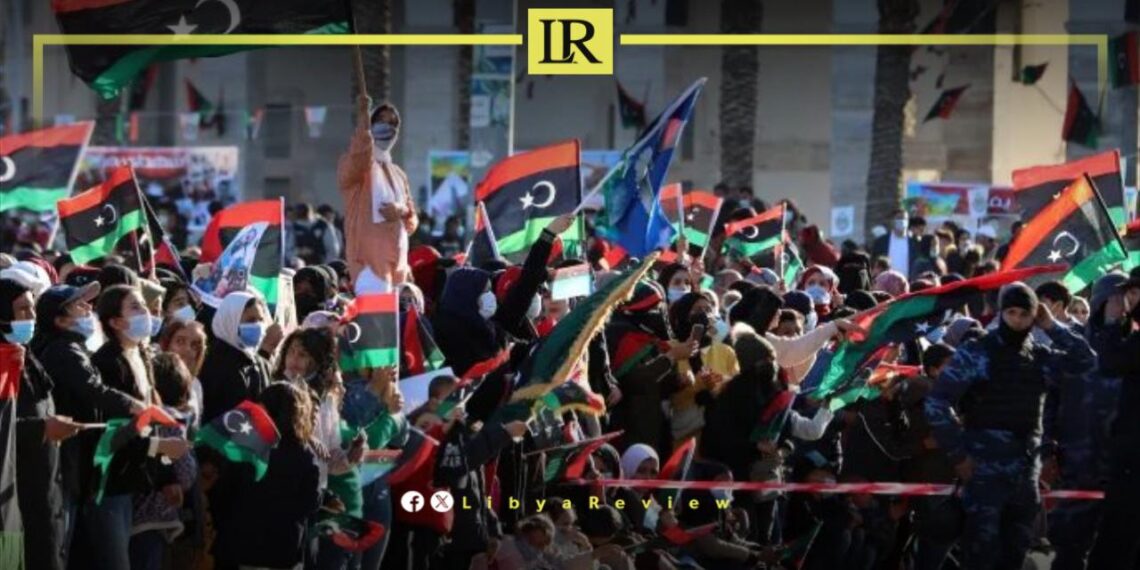On Saturday, Libyan political parties issued a strong warning against certain international organizations operating within the country. These organizations are accused of promoting dangerous beliefs and agendas, such as atheism and homosexuality, which they believe threaten to infiltrate and destabilize Libyan society.
In a joint statement, the parties responded to the briefing by Stephanie Khoury, Acting Head of the United Nations Support Mission in Libya (UNSMIL), and the actions of some foreign organizations in Libya.
“We are tired of these repetitive briefings since the appointment of UNSMIL, which offer no political pathway that could help resolve the political and security conflict among Libyan factions. The Libyan people must now voice their concerns to save the nation and its future,” the statement read.
The statement criticized the UN mission for consistently ignoring the role of political parties and highlighted the inadequacies within UNSMIL’s staffing, which they claim prevents effective intervention in the Libyan conflict. It also accused some UNSMIL staff of compromising the mission’s credibility and neutrality by forming personal relationships with specific Libyan factions, in violation of their roles and mandates.
The political parties further expressed concern that some foreign organizations, masquerading as civil society groups, are engaging in dubious political activities aligned with specific agendas. This, they argue, constitutes undue interference in Libya’s political affairs and falls outside these organizations’ intended scope, necessitating immediate intervention by their main offices.
The statement concluded with a call for patriotic Libyans to take a decisive stand to protect the nation, build democracy, and achieve stability.
Libya has been embroiled in conflict since the 2011 NATO-backed uprising that overthrew Muammar Gaddafi. Since then, the country has been divided between rival administrations in the east and west, each backed by various militias and foreign governments. This prolonged conflict has caused significant political instability, economic hardships, and a humanitarian crisis.
International organizations have played a pivotal role in Libya, providing humanitarian aid, supporting political dialogue, and promoting the development of civil society. However, their presence has often been controversial. Some Libyans and political factions accuse these organizations of exceeding their mandates and engaging in activities that clash with local values and political objectives.
The United Nations Support Mission in Libya (UNSMIL) was established to aid Libya’s transition and facilitate dialogue among conflicting parties. Despite numerous efforts, progress has been slow, leading to widespread disillusionment among Libyans regarding the mission’s effectiveness.
The accusations against international organizations for promoting controversial social agendas reflect deeper societal tensions within Libya. These tensions are exacerbated by the country’s political divisions and the influence of foreign powers, complicating efforts toward peace and reconciliation.


